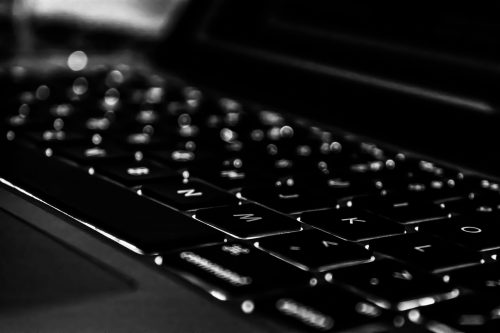Most of us receive a multitude of emails each day. It’s easy to address them one by one, filtering and sorting and replying to them as they tumble into our inboxes.
Most of the emails I receive are either positive or pointless—nice words from readers (positive) or junk mail I do my best to filter out (pointless). Thus, it’s only logical to want to check my email frequently, receiving textual praise while clearing the clutter. It’s a win-win, right? After all, who doesn’t want constant positive feedback? And who doesn’t want to feel productive?
This sounds ideal, except for one problem: we have real lives.
You see, living in our inboxes—something I did for a long time, especially during my twelve years in the corporate world—forces us to be on edge, always seeking the next nugget of digital applause, always anticipating the next question, the next “follow-up,” the next “action item.” Worse, it keeps me away from living a fulfilling life, one that doesn’t revolve around the white glow of my computer screen.
The problem with email is it’s never enough. Even when we whittle our incoming messages down to zero, we’re constantly waiting for the next fleeting bit of good information. I call these bits “food pellets from the universe.”
Similar to a lab rat, we have trained ourselves to click that “get mail” button to receive these food pellets. Hit the lever, get the food. Hit the lever, get the food. Hit the lever, get the food.
Sometimes the food is tasty—a kind message from a friend, a thoughtful question, a hilarious link from Nicodemus. But most of the time these food pellets are filled with empty calories and they taste like cardboard.
So instead of checking my email throughout each day, I check it once a day at most, and some days I don’t check it at all.
A handful of changes in my life have made this shift possible—and far less stressful than you might think.
Home. I don’t have Internet at home. This one change, albeit utterly frustrating at first, is likely the most productive thing I’ve ever done. Because I don’t have Internet at home, it is impossible for emails to penetrate the walls of my abode.
Phone. I don’t get emails on my phone. Once I brought my cellphone back into my life—after going two months without it—I discovered that it was better and far less stressful to remove email from it altogether. Now I use my phone to text and (ahem) talk.
Planning. When I check email, I do so deliberately: I set aside a block of time, clear my plate, and embrace the messages on my schedule, on my terms, when it’s convenient for me. If I do it right, it’s possible to enjoy myself, even when I’m checking my email.
Expectations. It’s important to set the proper expectations with people. Let people know how you feel about email (they likely feel the same way). Ask them to respect your time and attention. My friends know I don’t like receiving superfluous emails, and if they must send me an email, then I likely won’t respond right away. My writing students know I don’t respond the same day, either. When I do respond, it’s thoughtful, succinct, and, above all, value-adding. The best question to ask yourself before clicking the send button is, Does this email add value?
Read this essay and 150 others in our new book, Essential.

